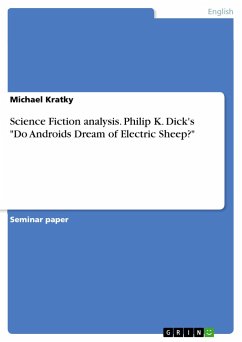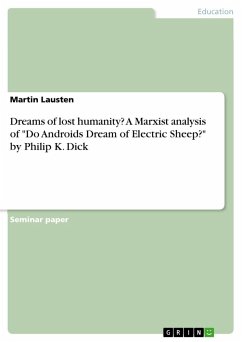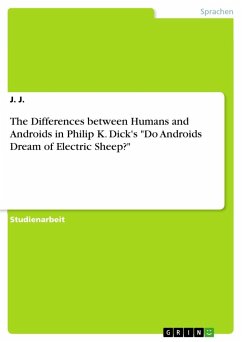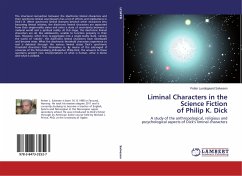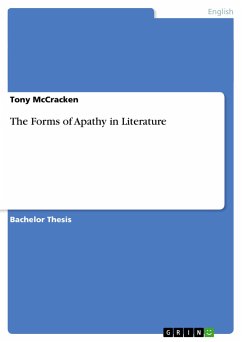Seminar paper from the year 2006 in the subject American Studies - Literature, grade: 1,00, Catholic University Eichstätt-Ingolstadt (Sprach- und Literaturwissenschaftliche Fakultät), course: Novel and Film, language: English, abstract: "Do Androids Dream of Electric Sheep?" is one out of at least six novels by Philip K. Dick that deal substantially with the questions surrounding androids.It is exactly the distortion between the real as the jumping-off point cited above and the hypothetical, unreal, fictional which creates a critical comment on the world the present reader lives in. The special focus on humanlike androids in "Do Androids Dream of Electric Sheep" implies a particular philosophical issue. Of course, the somewhat murky, obscure and intransparent depiction of androids involves the problem of man-machine relationships, which can to a certain extend be equated with human-android relationships. But Dick goes a step further, pointing out the differences as well as the parallels between both the android and the human being, using ambiguous descriptions and playing with the reader's sympathy for both sides. One could even argue that Dick tried to create a kind of meeting halfway between man and android. Certainly, Dick himself faces difficulties when trying to define the android as "a thing somehow generated to deceive us in a cruel way, to cause us to think it to be one of ourselves." This description meets exactly to core of our analysis, which deals with the impact and the effects created by this somewhat ambiguous representation of human and android life.

